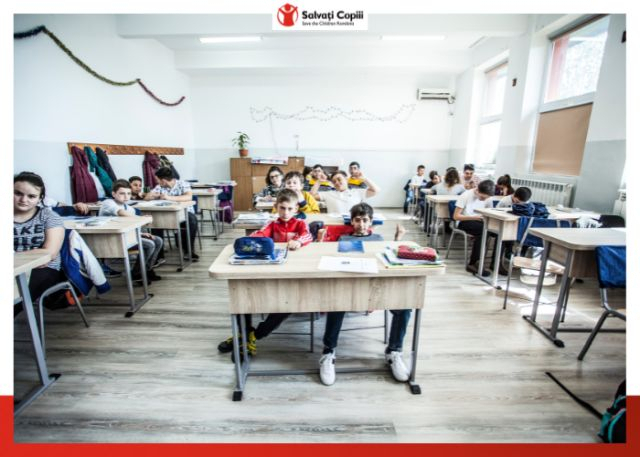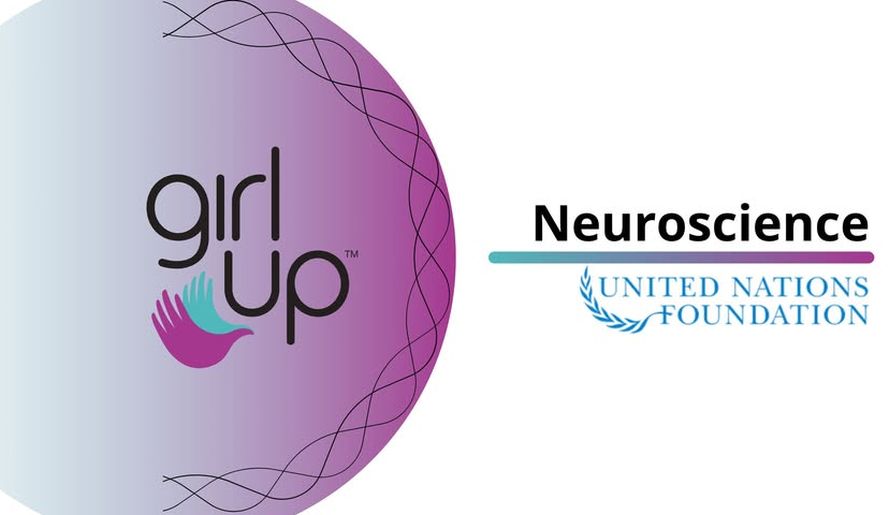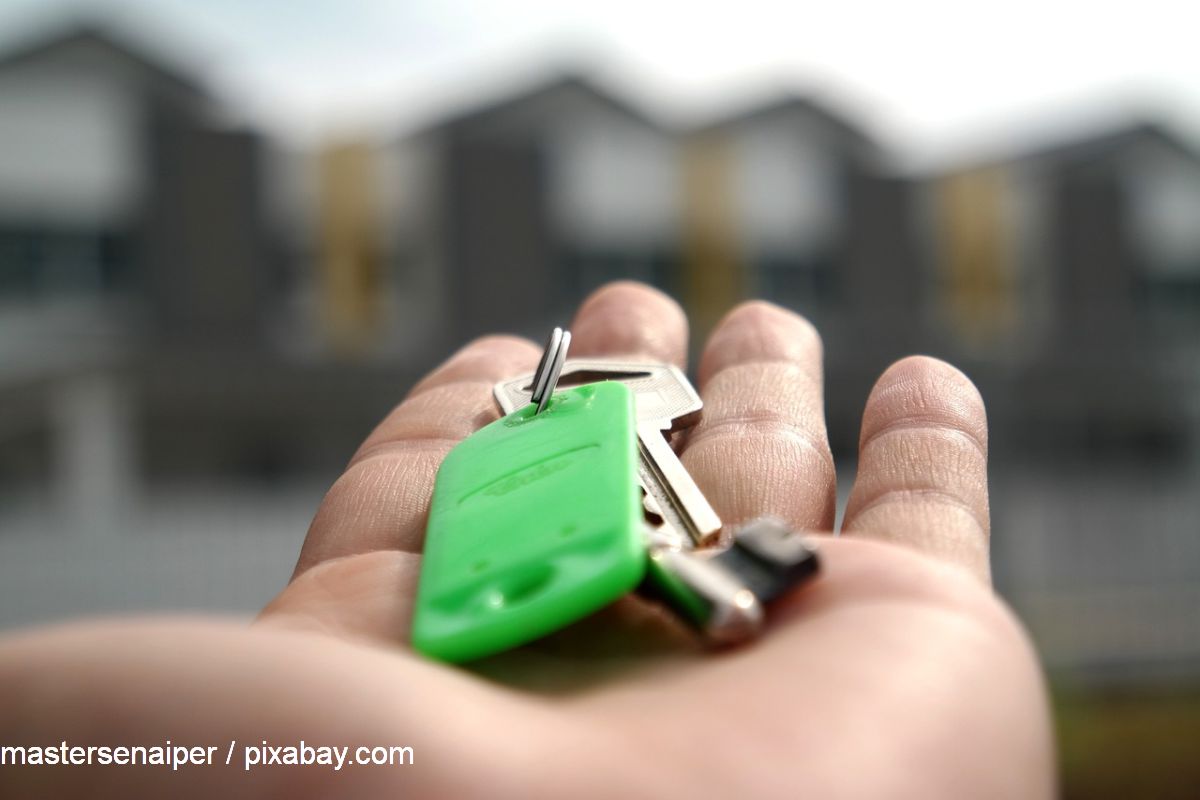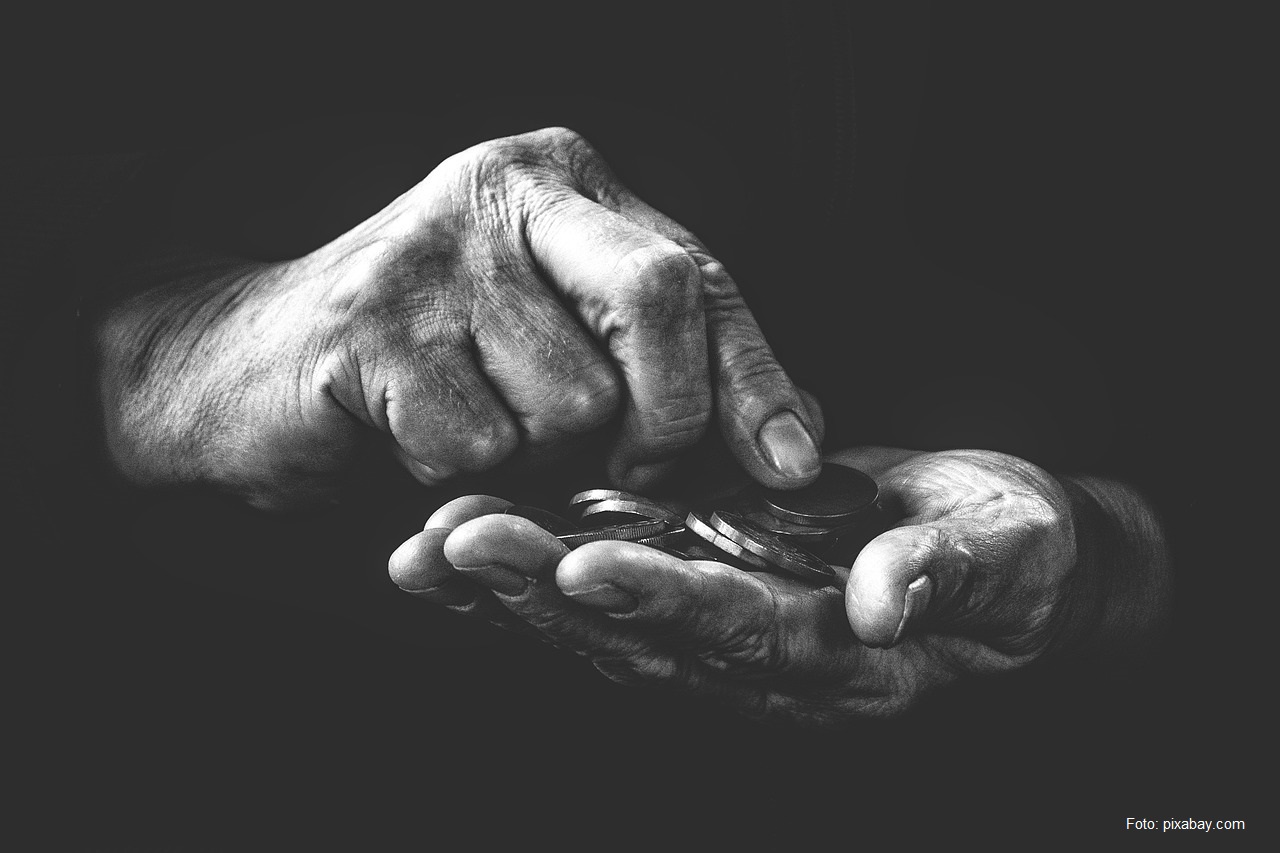The pandemic and its effects on children
The Covid-19 pandemic has impacted adults and children alike.

Christine Leșcu, 13.04.2022, 16:40
The negative psychological impact of the Covid-19 pandemic on the adult population is well known. Unfortunately, children also bear the brunt of its effects. Education experts, psychologists and parents alike have been signalling, ever since two years ago, the negative impact that the epidemiological situation has on children, especially due to the isolation they have experienced. Studies have now come to confirm it. Sociologist Ciprian Gradinaru tells us more about a recent report by Save the Children organisation: ”The situation should be analysed in a wider context. Indeed, these past two years have affected children, and not only them. We see that almost half of the children have been feeling lonely, sad, isolated and stressed. They feel this way because they have been isolated from their friends. Also, they had to be part of a completely new education system, which they never tried before. They received less information and their access to education was reduced. That is because some of them have had limited or no access to education during this period. For this reason, almost half of them say they feel unprepared for exams. 8th and 12th graders say they are under a lot of pressure, they are concerned about the upcoming exams and these are situations that experts in education and in related domains have anticipated.”
In their turn, children seem to describe the situation accurately. Only one third of the 8th grade students say they feel prepared for the national exams. 31% of secondary school children say they have a lot to catch up, while one in two children says homework is more difficult than in previous years. For this reason, more children need assistance from their teachers and parents. 51% of students say this year they have needed more help from their teachers at school, 13% have needed private lessons and 9% have needed the help of a family member.”
8th gade students say they needed private lessons more than their younger colleagues. Aware of the fact that they have a lot to catch up with in terms of study, they feel frustrated, angry, sad, stressed or tired, the Save the Children report says. Sociologist Ciprian Gradinaru: ”Parents have also been experiencing a stressing period, with a lot of tensions. Their work manner changed, just like their way of interacting and socialising. This is the perfect recipe for tensions within the family, which always affect children.”
What makes children and adults feel sad and concerned? Ciprian Gradinaru explains: ”The lack of interaction and isolation are the main reasons why children feel this way. It is not just the education system that has changed, but many other aspects of their lives. Holidays were different and also the daily interactions with other children. Online interaction, which was already worrying before the pandemic due to the many hours spent on the internet, has now exploded in terms of time spent online and has brought along many disadvantages. These elements combined — the isolation, spending a lot of time indoors, not doing the things that children normally do — led to tensions, sadness and concern.”
The study was conducted in March on around 1,900 children aged 9 to 18. (EE)






























